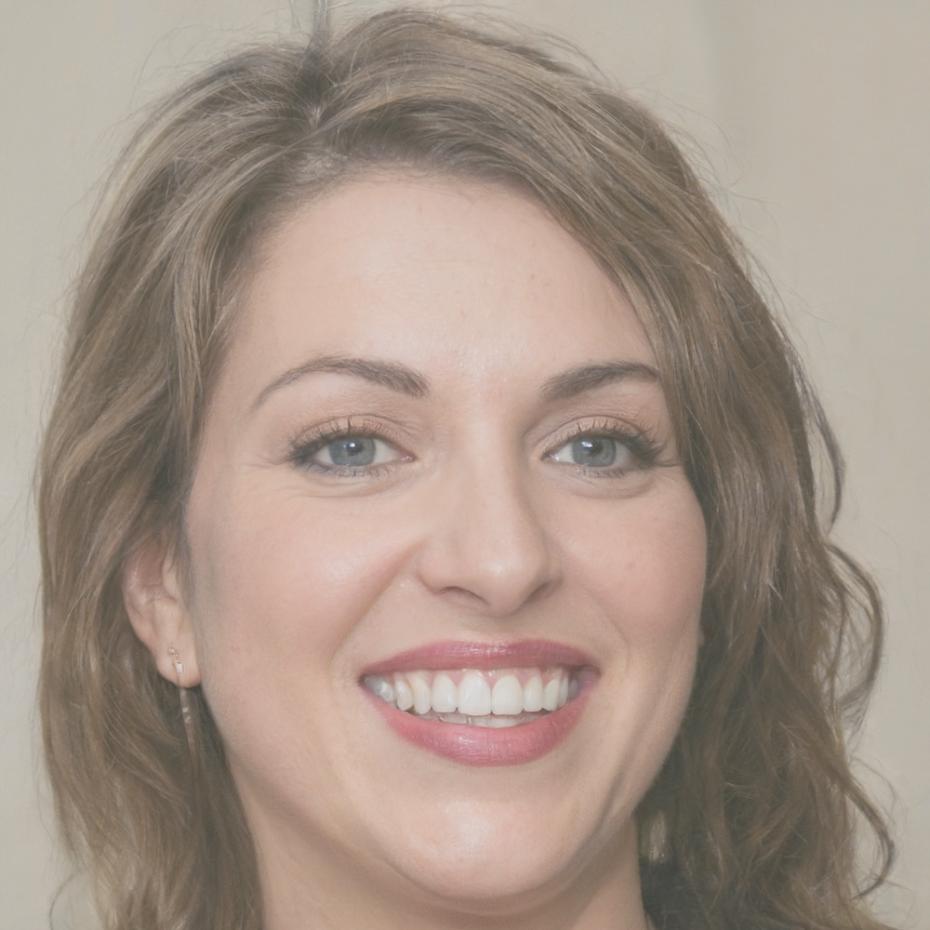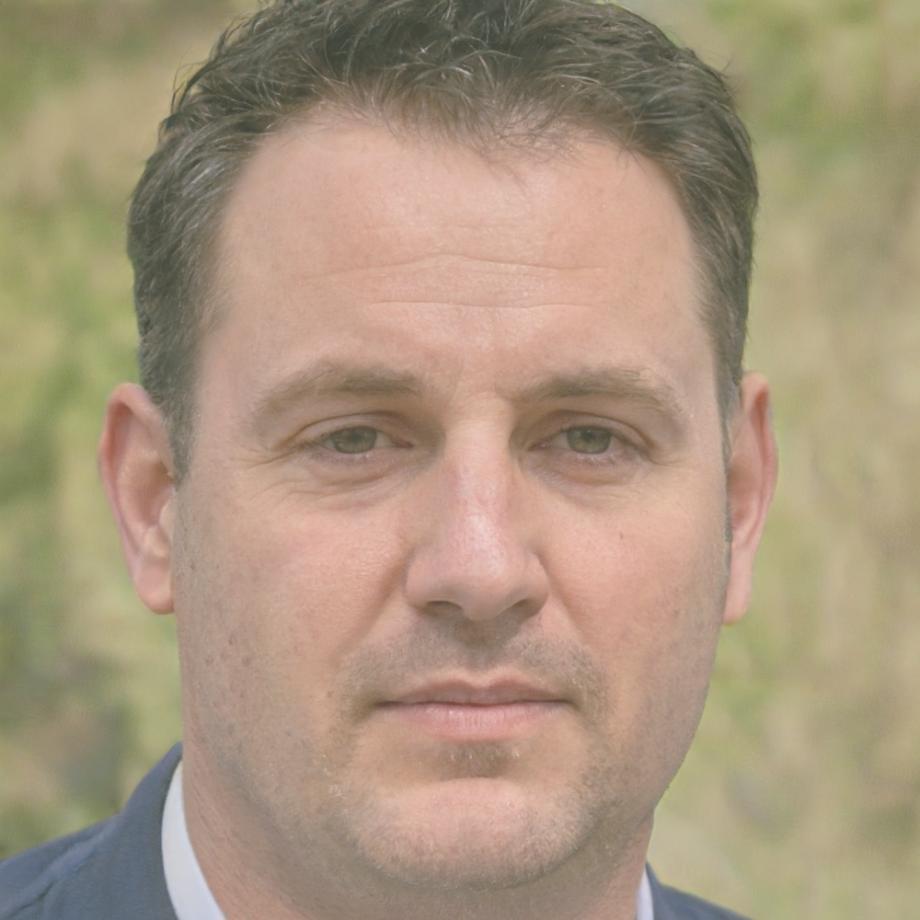Lachlan Mitchell
Lachlan joined us as a financial accountant who wanted to move beyond month-end closes. Three years later, he's running financial planning for a mid-sized manufacturer in Brisbane. The modeling skills still get used weekly—last month he built a five-year expansion model that secured board approval.
"The program didn't just teach me modeling. It taught me how to think about business problems through a finance lens. That's what actually mattered for my career."



